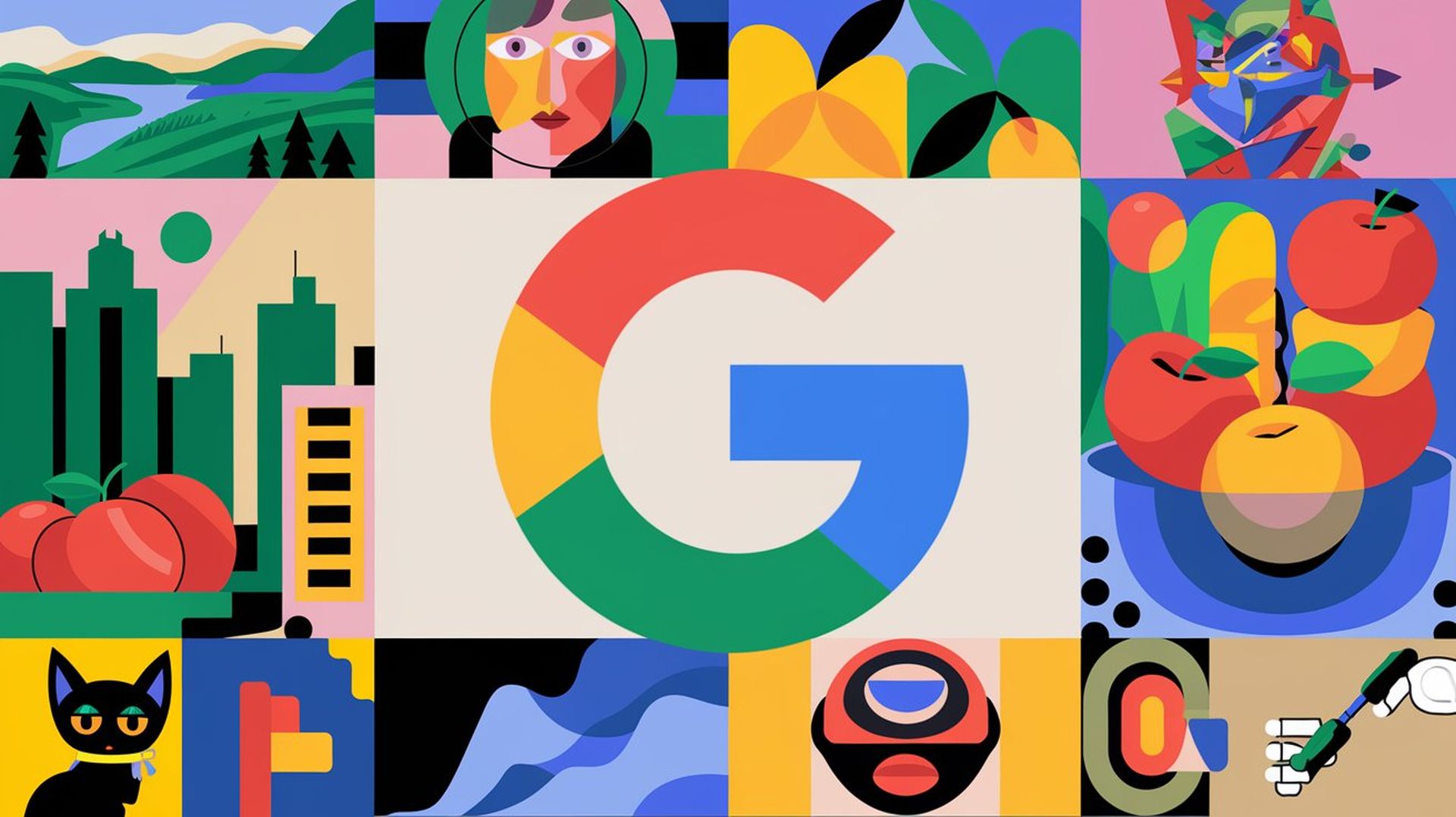Google continues to advance its efforts in content transparency, focusing on tools that help users understand how media—such as images, videos, and audio—has been created and modified. A key development in this area is its collaboration with the Coalition for Content Provenance and Authenticity (C2PA), where Google plays an active role as a steering committee member. The goal of this partnership is to enhance online transparency as content moves across platforms, providing users with better information on the origins and alterations of the media they engage with.
The C2PA focuses on content provenance technology, which helps users determine whether a piece of content was captured by a camera, edited through software, or generated by AI. This initiative aims to equip people with information that builds media literacy and allows them to make more informed decisions about the authenticity of the content they encounter. According to the announcement, Google has been contributing to the latest version (2.1) of the C2PA’s Content Credentials standard, which now has stricter security measures to prevent tampering, helping ensure that provenance information is not misleading.
What is C2PA?
C2PA, or the Coalition for Content Provenance and Authenticity, is a group of companies and organizations working together to help people know where digital content, like photos, videos, and audio, comes from and whether it has been edited or changed. Their goal is to create a way to track the origin of content and any modifications it’s gone through, making it easier to spot fake or misleading information online.
Think of it as a digital “tag” that shows whether a picture was taken by a camera, edited with software, or generated by artificial intelligence. This information helps people trust what they see on the internet by giving them more details about how that content was made.
New feature integration into Google products
Over the next few months, Google plans to integrate this new version of Content Credentials into some of its key products. For instance, users will soon be able to access C2PA metadata through the “About this image” feature in Google Search, Google Images, and Google Lens. This feature will help users identify whether an image has been created or altered using AI tools, providing more context about the media they come across.
Google is also incorporating these metadata standards into its advertising systems. Over time, the company aims to use C2PA signals to inform how it enforces ad policies, potentially shaping the way ad content is monitored for authenticity and accuracy.
Additionally, Google is exploring ways to extend this technology to YouTube, with the possibility of allowing viewers to verify the origins of video content in the future. This expansion would further Google’s push to bring transparency to media creation across its platforms.

Google’s role in the C2PA extends beyond its own product integrations. The company is also encouraging broader adoption of content provenance technology across the tech industry. The goal is to create interoperable solutions that work across platforms, services, and hardware providers. This collaborative approach is seen as crucial to creating sustainable, industry-wide standards for verifying the authenticity of digital content.
To complement its work with the C2PA, Google is also pushing forward with SynthID, a tool developed by Google DeepMind that embeds watermarks into AI-generated content. These watermarks allow AI-created media to be more easily identified and traced, addressing concerns about the potential for misinformation spread by AI tools.
Artists Google to court over AI image generator
As more digital content is created using AI tools, ensuring that provenance data remains accurate and secure will be crucial. Google’s involvement in C2PA is part of a broader effort to address these challenges, but the effectiveness of these measures will depend on widespread industry cooperation and adoption.
Google’s efforts to address AI-generated content in its search results are a step toward more transparency, questions remain about the effectiveness of the approach. The “About This Image” feature, which provides additional context about whether an image was created or edited with AI, requires users to take extra steps to access this information. This could be a potential limitation, as users who are unaware of the tool may never know it’s available to them. The feature relies heavily on users actively seeking out the provenance of an image, which may not be the default behavior for many.
The broader challenge lies in making such transparency tools more intuitive and visible to users, so they can quickly and easily verify content without having to dig for details. As AI-generated content continues to grow, the need for seamless verification will only become more pressing, raising questions about whether hidden labels and extra steps are enough to maintain trust in digital media.
Image credits: Kerem Gülen/Ideogram





